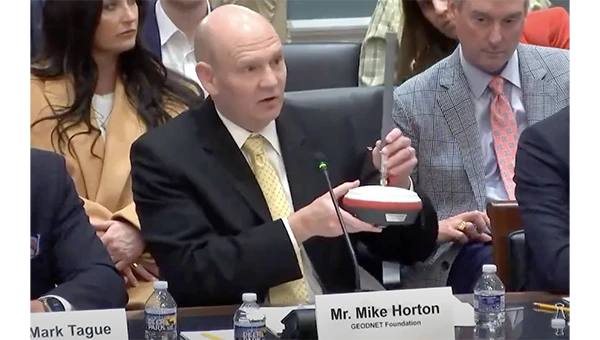DePin: The Future of Blockchain in Real-World Applications

The emergence of Decentralized Physical Infrastructure Networks (DePin) is addressing a critical question in the cryptocurrency space: what practical applications does blockchain technology offer? DePin represents a shift towards utilizing blockchain for solving real-world issues, moving beyond speculative tokens. Projects under DePin, such as Hivemapper, Helium, and GEODNET, are leading the charge by leveraging blockchain to create innovative solutions that can be easily understood and utilized by the general public.
Hivemapper is revolutionizing mapping technology by allowing users to contribute to a live, high-definition map of the world. Users can purchase a 4K dashcam that maps roads as they drive, earning HONEY tokens in the process. In less than two years, Hivemapper has mapped over 330 million kilometers of roads, significantly outpacing traditional mapping services like Google Maps. Meanwhile, Helium has established a global IoT network by selling mini cell towers, allowing individuals to earn HNT tokens for providing internet coverage. With over one million hotspots deployed, Helium is also expanding into mobile services, demonstrating the scalability of its decentralized model.
Another noteworthy project, GEODNET, aims to enhance GPS accuracy by utilizing a network of satellite miners installed on rooftops. This innovative approach offers centimeter-level precision at a fraction of the cost of traditional GPS services. GEODNET’s partnership with the US Department of Agriculture highlights its potential applications in sectors where precision is crucial, such as agriculture. Overall, DePin projects are not only showcasing the transformative power of blockchain technology but are also poised to lead the next wave of growth in the cryptocurrency market, making it an exciting sector to watch in the coming years.
Related News





